The Internet of Things (IoT) is rapidly changing the way industries operate, and industrial automation is no exception. IoT is transforming industrial automation by connecting machines and devices to the internet and allowing them to communicate in real time with one another and with humans. It enables industries to improve efficiency, decrease downtime, and boost productivity.
Industrial automation aims to minimize the need for human intervention in manufacturing processes, resulting in increased speed and efficiency, improved safety, and more effective resource utilization. Using machines to automate specific tasks is achieved by thoroughly analyzing and understanding the industrial process. Moreover, industrial automation enables data collection and analysis via factory analytics to better optimize the manufacturing process.
Smart Sensors
An IoT-enabled smart sensor collects and analyzes data from machines and devices and sends it to the cloud. It allows industries to monitor their machines and devices in real-time, which can help them detect problems early and prevent downtime.
For example, a smart sensor on a machine can detect when it is running low on oil and send an alert to the maintenance team to schedule an oil change.
Predictive Maintenance
Predictive maintenance is another way that the Internet of Things is adapting industrial automation. It is a technique that uses data collected from machines and devices to predict when they will require maintenance. Instead of waiting for a machine to break down, it enables industries to schedule maintenance at the most convenient time. By using predictive maintenance, industries can reduce downtime and increase productivity.
Remote monitoring and control
The Internet of Things is also revolutionizing industrial automation by enabling remote monitoring and control. With IoT, industries can remotely access their machines and devices and control them from anywhere in the world. It is particularly useful for industries that have machines and devices in remote locations or that operate on a 24/7 basis. Businesses can increase productivity and reduce downtime by enabling remote access and control of their machines and devices.
Industry 4.0
Industry 4.0 is the fourth industrial revolution, and it is based on the use of IoT, big data, and artificial intelligence. It enables industries to create “smart factories,” which are factories that are connected to the internet and can communicate with one another in real-time.
It is also leading to the development of new business models and the creation of new products and services. It is expected to have a profound impact on the way industries operate and will change the way we think about manufacturing and production in the future.
Conclusion
In many ways, the Internet of Things is transforming industrial automation. The integration of IoT technology into industrial automation is proving to be a game-changer for industries all over the world. Making it possible for industries to operate more efficiently and effectively, even in remote locations.
As technology advances and industries become more interconnected, the possibilities for IoT in industrial automation become limitless. The IoT will continue to play an increasingly important role in shaping the future of industrial automation. MaxAutomation is a pioneer in this field, providing a wide range of services and solutions that use IoT to improve industrial automation. Their expert team can assist industries in implementing IoT solutions that will help them achieve their objectives.


